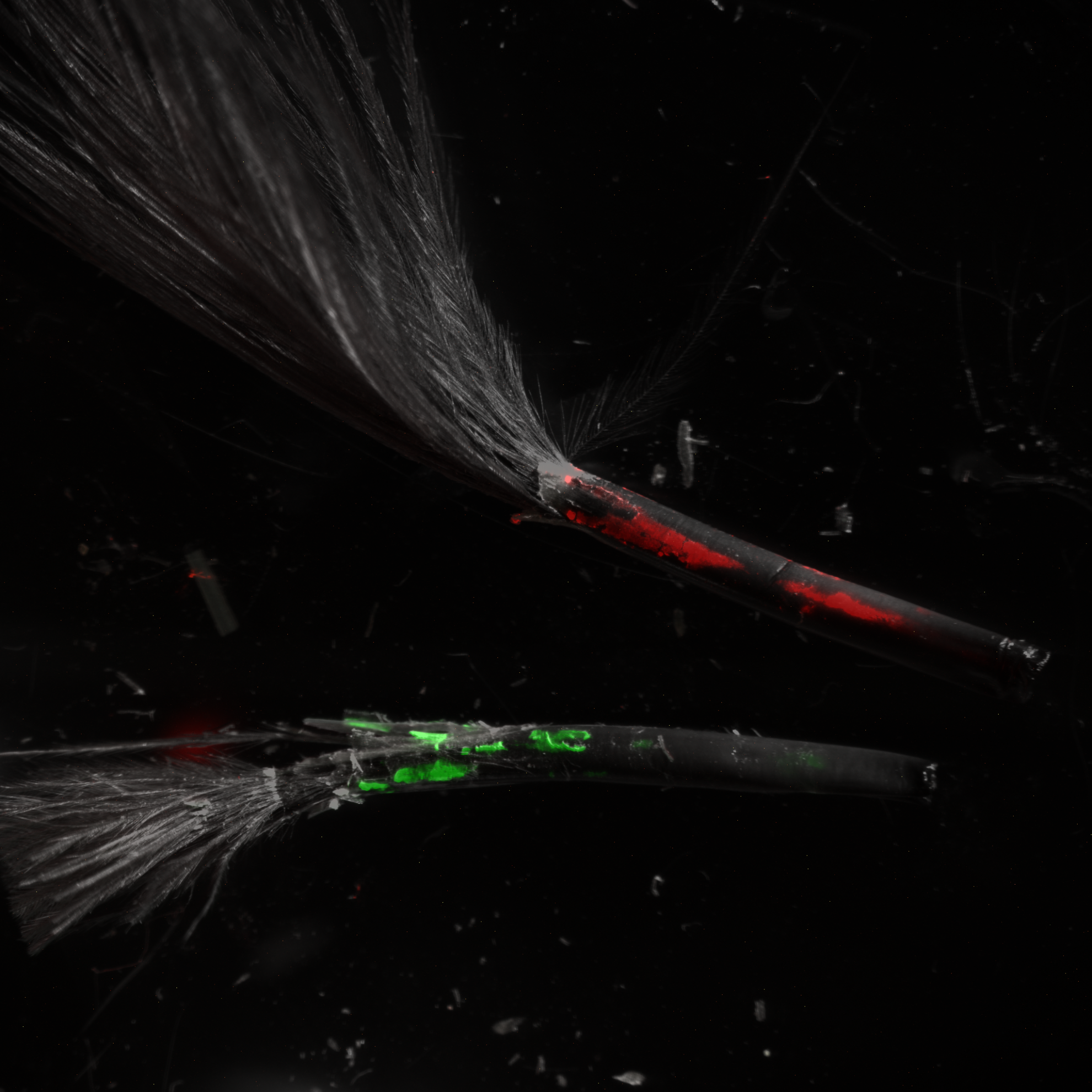A toll-like receptor 3 ligand enhances protective effects of vaccination against Marek's disease virus and hinders tumor development in chickens
Marek's disease (MD) is caused by Marek's disease virus (MDV). Various vaccines including herpesvirus of turkeys (HVT) have been used to control this disease. However, HVT is not able to completely protect against very virulent strains of MDV. The objective of this study was to determine whether a vaccination protocol consisting of HVT and a Toll-like receptor (TLR) ligand could enhance protective efficacy of vaccination against MD. Hence, chickens were immunized with HVT and subsequently treated with synthetic double-stranded RNA polyriboinosinic polyribocytidylic [poly(I: C)], a TLR3 ligand, before or after being infected with a very virulent strain of MDV. Among the groups that were HVT-vaccinated and challenged with MDV, the lowest incidence of tumors was observed in the group that received poly(I: C) before and after MDV infection. Moreover, the groups that received a single poly(I: C) treatment either before or after MDV infection were better protected against MD tumors compared to the group that only received HVT. No association was observed between viral load, as determined by MDV genome copy number, and the reduction in tumor formation. Overall, the results presented here indicate that poly(I: C) treatment, especially when it is administered prior to and after HVT vaccination, enhances the efficacy of HVT vaccine and improves protection against MDV.
Back to publications
